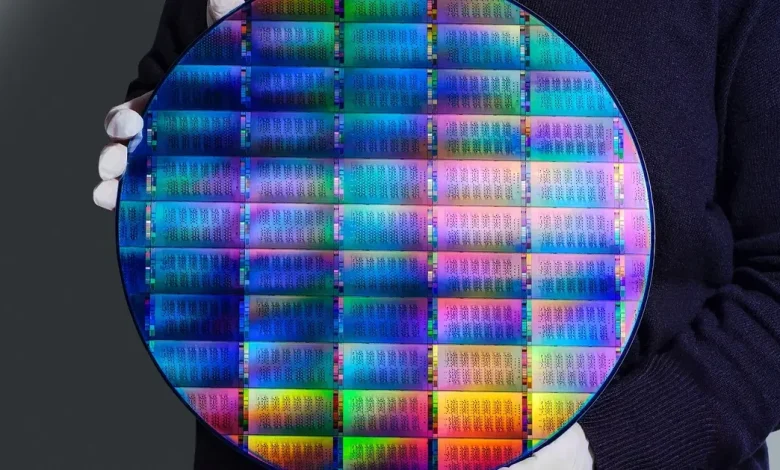IBM’s ‘big bet’ on new quantum processors

IBM is hoping that an investment in quantum tech can transform industries worldwide — and push the company back into the center of the tech conversation.
Quantum computing aims to solve problems too complex for classical computers to handle by using quantum bits, or qubits. Unlike traditional computer bits, which can only be in one of two states, qubits exist in multiple states at once and can become linked, enabling more information to be processed in new ways. Companies are racing to build the first quantum computer that can reliably handle its own errors as its computations grow, called a “fault-tolerant” quantum computer.
IBM bets it will be able to make such a computer by 2029, through its method of cooling superconducting qubits and using microwave pulses to measure them. It says one of the processors, called Nighthawk, moves the field forward by handling tougher computations with the same level of accuracy as its predecessor. The other chip, Loon, is an experimental processor that demonstrates IBM can put all key hardware components into a device it will need to build in the future — a starting point to scale from.
Google’s quantum computers use a similar type of superconducting qubit, though the company is focusing more on experimental performance and error correction than on developing commercial-scale systems. Other companies are taking different approaches, such as storing qubits in trapped ions or encoding them in photons.
“We believe that IBM is the only company that is positioned to rapidly invent and scale quantum software, hardware, fabrication, and error correction to unlock transformative applications,” Jay Gambetta, IBM’s director of research, said in a statement.
It’s an ambitious claim. The 114-year-old company is competing against a well-funded set of startups and research behemoth Google.
The industry is ramping up to achieve “quantum advantage” — the point at which quantum computers can solve problems faster than classical computers — which is widely expected to be reached by the end of next year. Various tech firms have announced quantum product improvements in recent months, from Quantinuum’s new computer to Google’s algorithm, which it says has reached quantum advantage — though some researchers are skeptical.
Google is likely to launch a fault-tolerant quantum computer to users first, said analyst Rob Enderle, who expects it will be of “[lower] quality than IBM is likely to launch with.” IBM has “the advantage of focus,” he said. And, perhaps more importantly, the company’s enterprise sales business gives it a pathway to building a business around the technology.



![Apple releases iOS 26.2 with Liquid Glass tweaks, CarPlay changes, more [Release notes]](https://cdn1.emegypt.net/wp-content/uploads/2025/12/Apple-releases-iOS-262-with-Liquid-Glass-tweaks-CarPlay-changes-390x220.webp)

